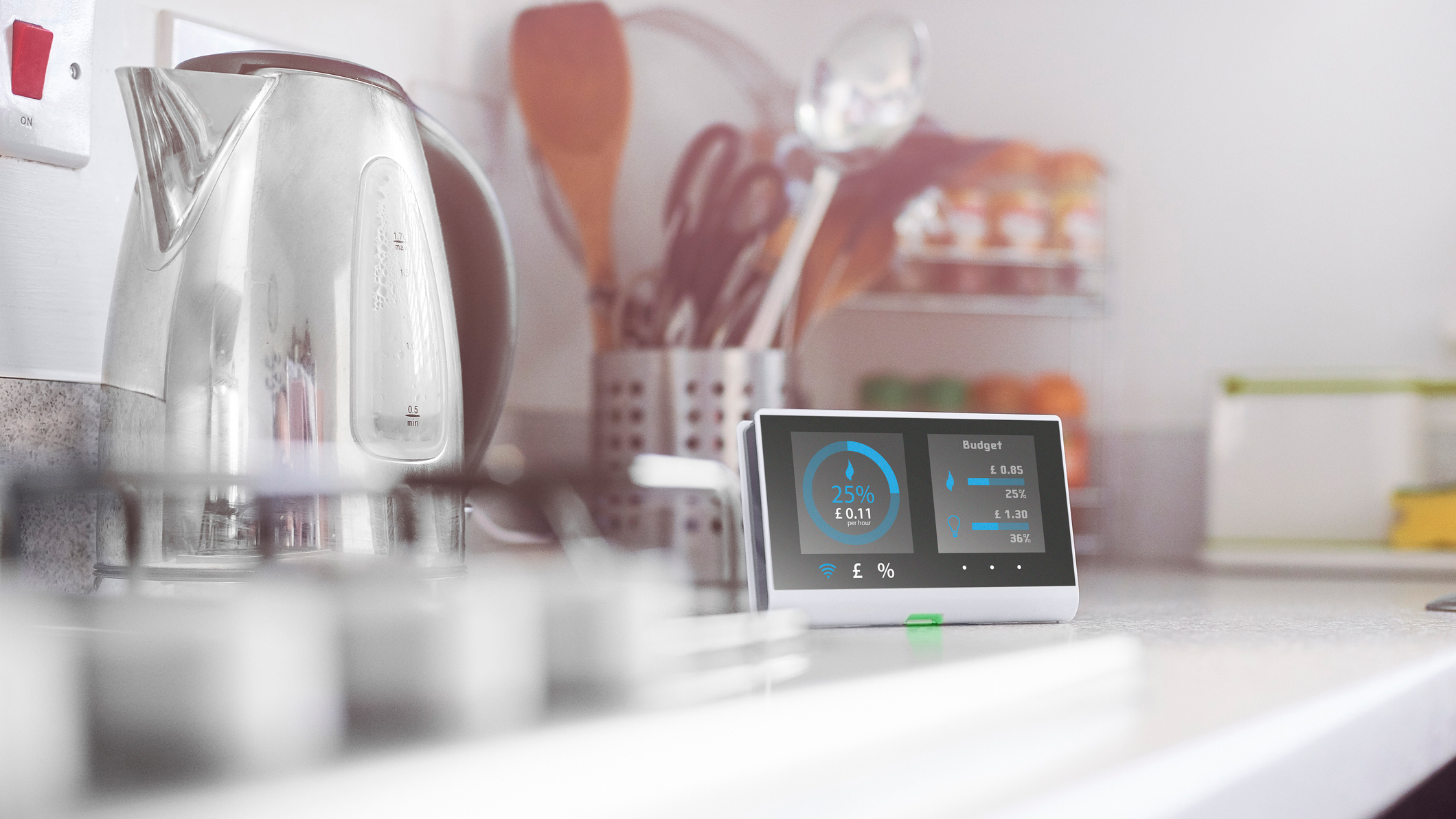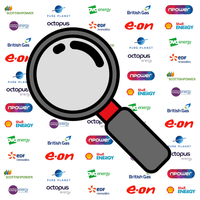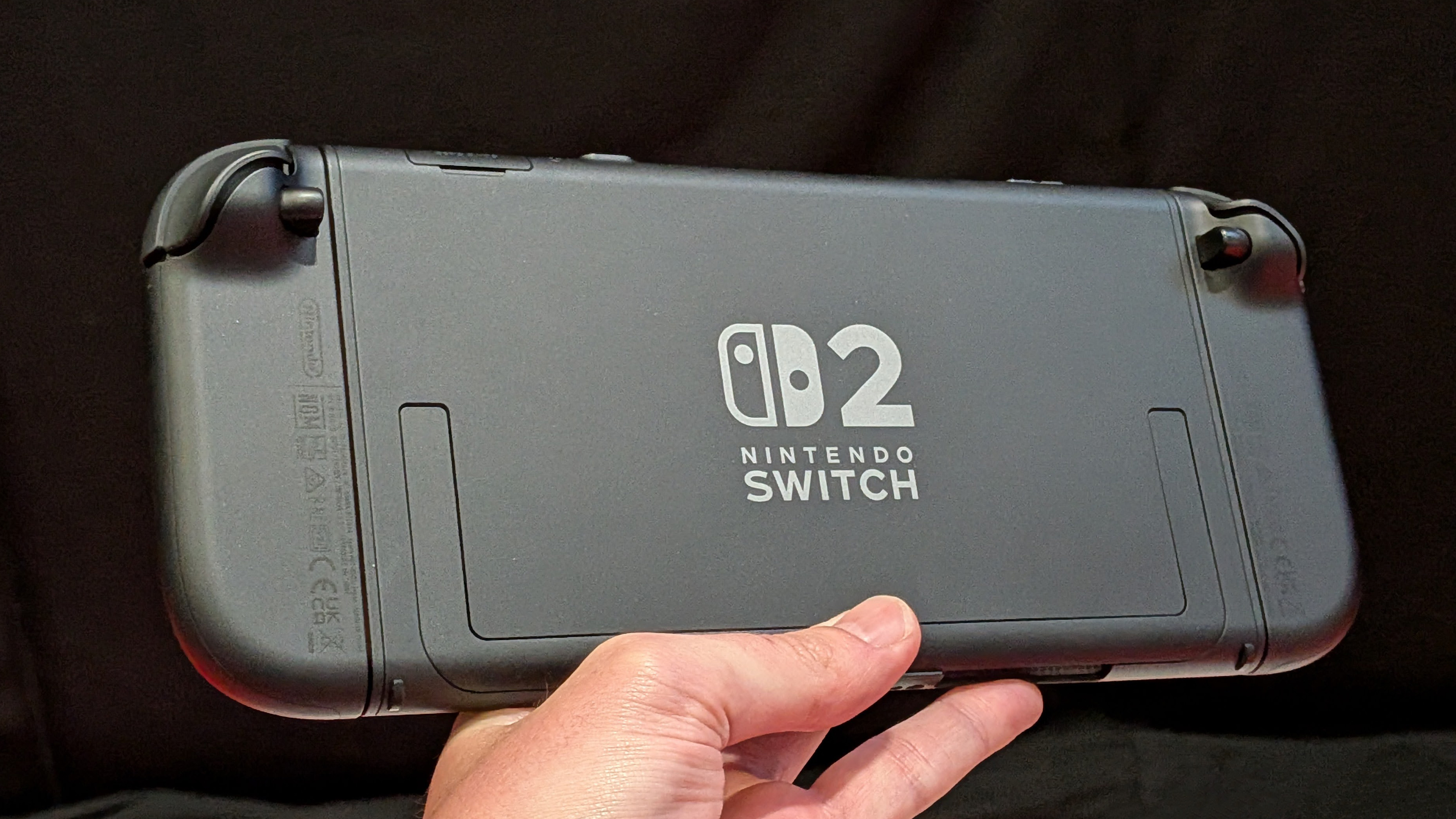

The Data Communications Company (DCC) has revealed that the five millionth second-generation smart meter (SMETS2) has been installed onto its nationwide secure network. The landmark installation itself took place on the 7 of September by Bulb Energy at a location in Lincoln.
The installation rate slowed during the Covid-19 lockdown, but the country still saw three-quarters of a million smart meters fitted during this time. However, following the easing of restrictions, over the last two months the installation rate has rebounded strongly and is now back at pre-lockdown levels. This is also due in part to the new public safety measures and ways of working suppliers and distributors have rolled-out when installing meters.
Data Communications Company CEO, Angus Flett, said: “Despite difficult circumstances the pace of the smart meter roll-out has recovered well during lockdown, with one million meters being installed since February. This is testament to the hard work of our customers – the energy suppliers and distributors.“
“Britain is more concerned about its carbon impact than ever before, and the appetite for this greening technology remains strong. Our network is a platform for good, and the data flowing across it is paving the way for better use of renewable energy. The DCC is making Britain more connected so we can all lead smarter, greener lives.”
What are the benefits of smart meters?
If you’ve yet to get a second-generation smart meter installed there are a number of benefits you could be missing out on.
- Seeing in real time how much gas and electricity you're using.
- Becoming more aware of how and where you can cut down your overall energy usage.
- Having a greener lifestyle – which is both better for the planet and could see you make savings on your energy bills.
- Readings are automatically sent to your supplier. This also means your bills should be more accurate.
- A wider variety of tariffs from a bigger choice of suppliers.
How do I get a smart meter?
You’re under no obligation to get a smart meter, but if you would like one you should contact your energy supplier to see about getting one installed. This will be free as current Ofgem regulations stipulate that you will not be charged for a smart meter or the in-home display that may come with it. You should note that not all suppliers offer smart meters, but they will be required to do so by June 2025.
Equally, you could carry out an online energy comparison to look for a new tariff that offers a second-generation smart meter and then switch to that supplier. The added benefit of comparing the market is you can'll also find the best energy deals in your area and can potentially switch to a tariff that will earn you big savings.
Sign up to the T3 newsletter for smarter living straight to your inbox
Get all the latest news, reviews, deals and buying guides on gorgeous tech, home and active products from the T3 experts
For anyone who already has a second-generation smart meter in their home, if you switch supplier the device will retain its full smart functionality, as the second-gen models are fully interoperable.
What does the future hold for smart meters?
Alongside the landmark installation, the DCC also recently published its latest five-year plan, which details how the future of the smart meter network will be key for improving the country’s energy system.
The plan explains how a centralised and secure data network could be harnessed to provide green infrastructure, including a standardised system to support smart electric vehicle (EV) charging. With this, it’s hoped that the development of this system will mean more consumers will invest in EVs rather than petrol and diesel vehicles, ahead of the Government’s 2035 deadline for phasing them out.
It’s believed that a mass EV adoption will drive demand for electricity – likely clustered at the same time of day – which the DCC’s new network would be able to effectively manage. That's because it will be able to co-ordinate a demand-response and deliver real-time price data across its single national communications infrastructure.
The new network’s ability to handle such peaks in demand, make the most of renewable energy sources and efficiently run Britain’s energy system could also benefit consumers. This would be through the more consistent energy supply that’s available and theoretically the potential savings on our energy bills through the network’s improved efficiency.
FIND THE BEST ENERGY DEAL FOR YOUR HOME
We've partnered with MoneySupermarket to help you find the best energy deals in your area. Our energy comparison tool takes less than five minutes to use, and could save you hundreds on your energy bills. Just tell us your post code, and we'll show you the best tariffs in your area - plus our latest exclusive offers.
Save money on your energy bills now
Rich is a freelance copywriter and content strategist with over 10 years' experience. His career has seen him work in-house and in various agencies, producing online and offline content marketing campaigns and copywriting for clients in the energy industry.


